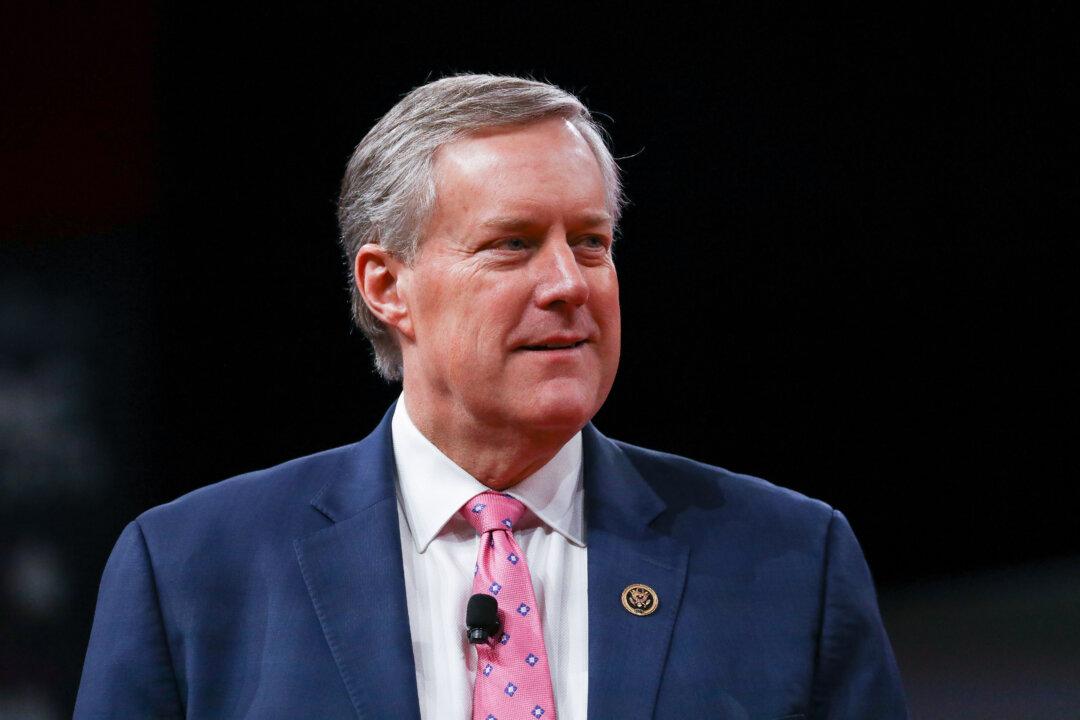White House Chief of Staff Mark Meadows said there’s no national mandate on wearing masks, as it is a matter for states to decide.
“Well, it’s certainly a state-to-state issue, as we look across the country, obviously the narrative is the COVID cases are rising, but testing is rising exponentially. We’ve now tested almost 10 percent of our country,” Meadows said during an interview with “Fox & Friends“ on July 6.





